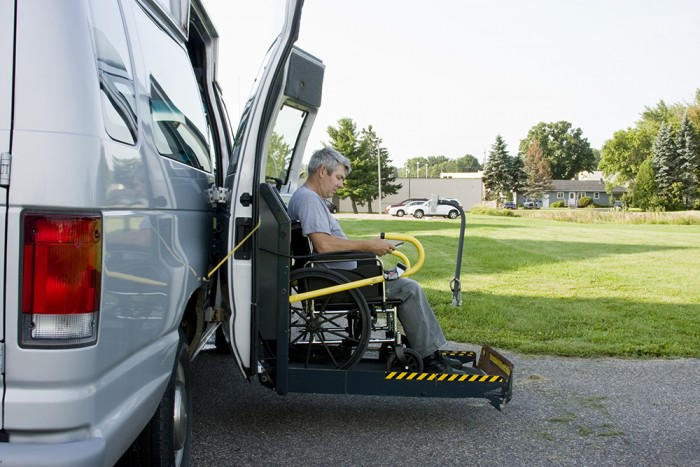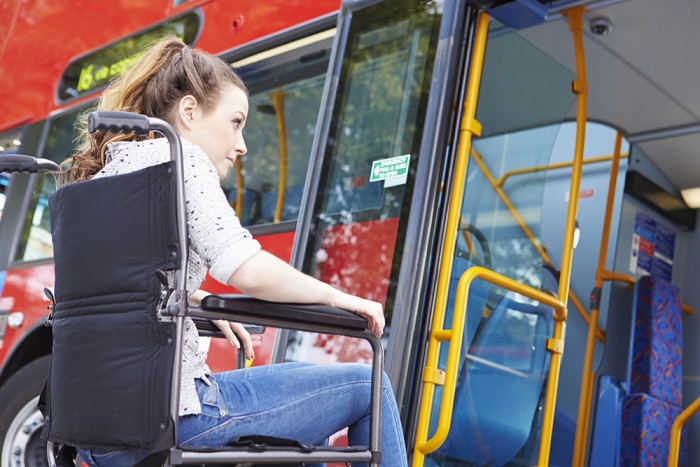ODP Announcement 19-159 is to notify providers of an update to the Variance Form (DP 1086) and related Instructions. As part of the October 1, 2019 amendments to the Consolidated, P/FDS, and Community Living waivers, the following language was added and approved regarding the provision of Respite by a nurse for children with medical needs:
Respite “may be provided at the following levels in private homes, including Life Sharing homes (licensed or unlicensed):
- Level 3 Enhanced – Staff-to-individual ratio of 1:1 with a licensed nurse (only available to children with medical needs as described below) or a certified staff member.
- Level 4 Enhanced – Staff-to-individual ratio of 2:1 with one licensed nurse (only available to children with medical needs as described below) or one certified staff member and one staff member with at least a high school diploma.
Children (under age 21) who have medical needs that require Respite by a nurse can request a variance when the following criteria are met:
- The child is authorized to receive less than 24 hours a day of nursing through private insurance or Medical Assistance;
And one of the following:
- The child requires administration of intravenous fluid or medication, which is specified in a written order by a licensed doctor of the healing arts; or
- The child uses monitoring, defibrillating, or resuscitating equipment, or a combination of the three; or
- The child requires other skilled activities that must be provided by a nurse. A list of non-skilled activities that can be performed by professionals other than a nurse is available here.
Any waiver participant age 21 or older who needs nursing services can receive this type of support through the Shift Nursing service.”
Requests for a variance to the day or 15-minute unit limit may be made for participants who have behavioral or medical support needs, or for emergency circumstances, using the standard ODP variance process. A request for a variance to this limit may not be approved for Respite provided by a nurse, unless there is an emergency circumstance involving a child with medical needs who meets the criteria described above.
Ongoing nursing needs for children with medical needs are addressed through Medical Assistance Fee-for-Service or Physical Health Managed Care Organizations.
Please begin using the updated DP 1086 and instructions found at these links on the Department of Human Services website for all variance requests:
The DP 1086 can also be found on the Forms page of MyODP.org or at this link. Comments may be directed to the appropriate ODP Regional Office.














